32 reasons to foster a pet
Fostering a pet has untold rewards for both humans and animals. Find out all the reasons to foster a pet.
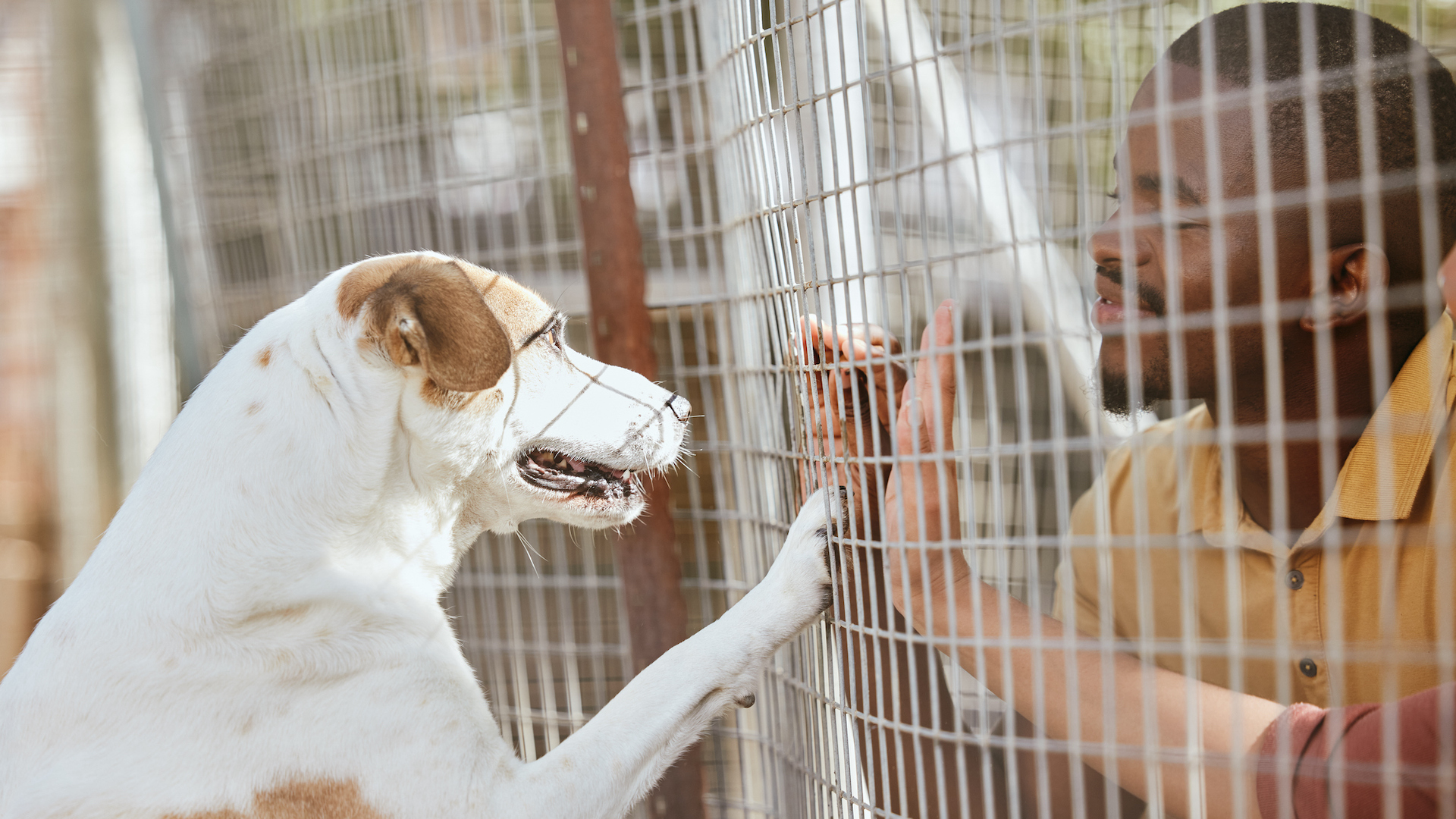
Get the best advice, tips and top tech for your beloved Pets
You are now subscribed
Your newsletter sign-up was successful
How many times have you heard friends say, “I wish I had a dog, but I don’t know if now’s the time?” Perhaps they don’t know their career plans for the next few years, or whether their partner can cope with the long-term commitment of keeping an animal in the home. Maybe they have project work that makes the permanent state of caring for an animal in the months and years ahead unfeasible.
Step in fostering a pet. It has benefits for both parties, in providing a needy animal with a safe home for a certain amount of time, as well as the fosterer with a longed-for pet on a short-term basis. It may even be that keeping an animal for a little while makes you realize you can commit for the long term. Even if you decide to foster a pet for the short-term you'll want to invest in one of the best dog beds or best cat beds to help them feel right at home.
Let’s look at some of the many reasons for fostering a pet.
32 reasons to foster a pet
1. Saving lives

Fostering a pet can be a direct contribution to saving an animal’s life. Rescue shelters have limited space and resources, and are often overcrowded. This means that, sadly, many animals are being counted down to inevitable euthanasia. If you can provide a temporary home until the pet finds its forever home, you could be saving an animal whose life is at risk. Not only that but you are freeing up space for another needy animal.
2. Temporary commitment

Committing long-term to sharing your home with an animal should not be undertaken lightly. It’s a massive responsibility. Dogs have an average lifespan of at least a decade, cats even longer. If you are unsure of your movements, career plans, location in the medium to long term, fostering is the ideal solution for those who can keep a pet right now, but don’t know about their future situation.
3. Helping others

Not all foster situations involve neglect and abuse cases. Sometimes a foster home is required because the pet’s owner is unable to care for their animal in the short term, for example if they are in hospital for a spell, or they need to visit sick family in another country.
Fostering their pet gives their owner the opportunity to deal with whatever difficult situation is currently challenging them without the stress of caring for their pet at the same time, while knowing that he is safely in good, supportive hands. A foster home is likely to be cheaper and more familiar than boarding kennels for an extended period, and will provide a boost for someone going through a hard time.
Get the best advice, tips and top tech for your beloved Pets
4. Providing healing from trauma

Many animals in shelters come from traumatic backgrounds and need a safe space to recover both mentally and physically. Being able to provide a supportive environment for them to flourish will bring massive benefits not only to a needy pet but to you with the privilege of enabling them to enjoy life again.
5. Companionship

Fostering a pet is not just about providing a needy animal with support, shelter and love. Having an animal in your home is hugely beneficial to humans, too, providing companionship just by having another being around.
There is scientific research done by the University of York to back up the value of a relationship with companion animals, to ward off loneliness, support families with children with autism, mental illness, and overall wellbeing. These are just a few ways having a pet can lower your stress levels.
6. Flexibility

Animal shelters can often adapt fostering to your schedule, which suits those with busy lifestyles who cannot always be at home for their pet and therefore can’t commit to long-term pet ownership.
Fostering means you can continue traveling or taking vacations without being tied down by the long-term responsibility of pet ownership.
7. Supporting local animal shelters
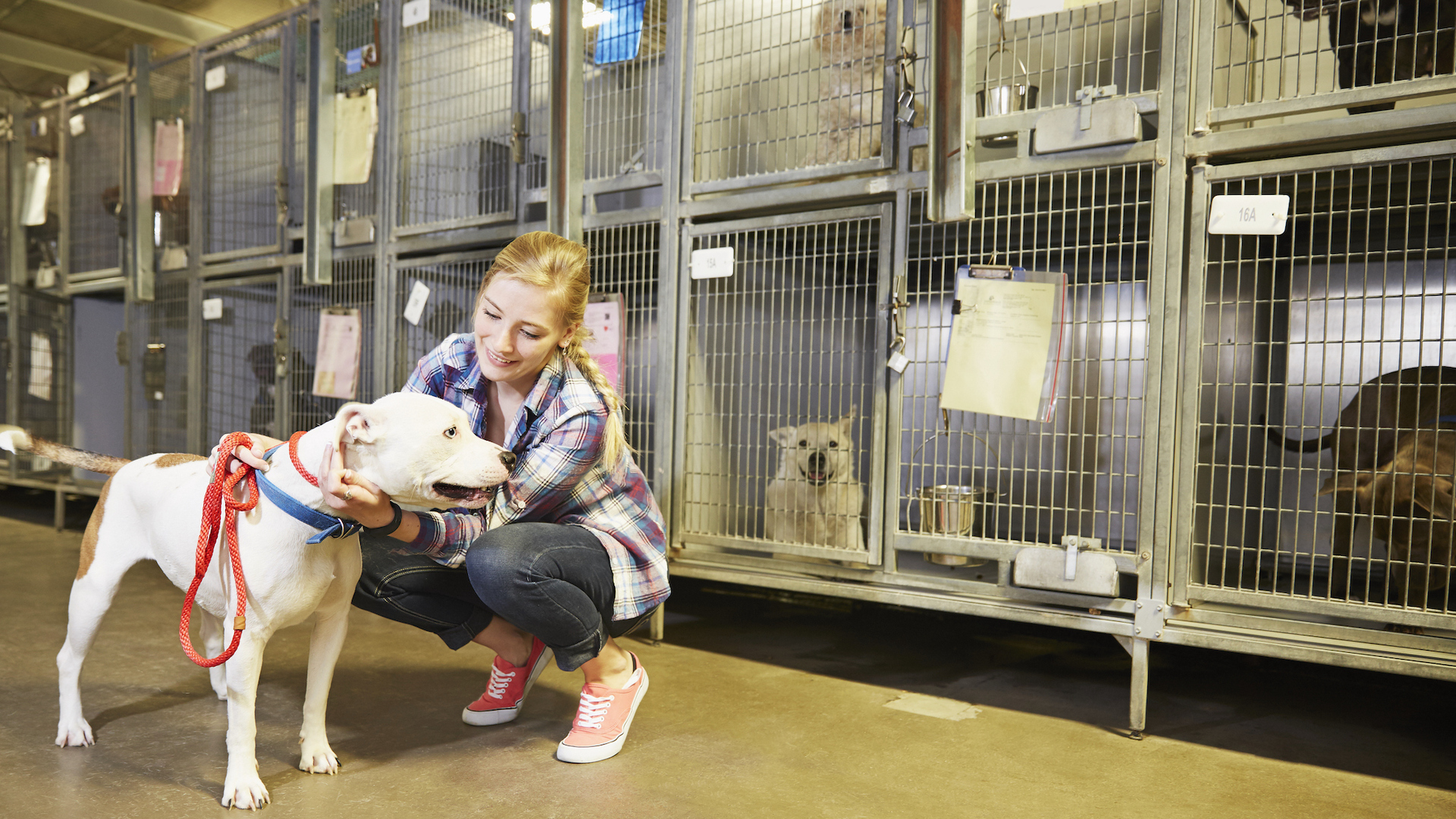
By fostering a pet, you free up space at the animal shelter for them to be able to take on another animal in need and therefore are supporting them by your willingness to serve.
Shelters are often short on resources and rely on volunteers, so taking one animal off their hands into a safe and loving home can be hugely helpful. The more you do your bit, the better the shelter can help needy pets within the local community.
8. Learning about different breeds

Do you want your own pet but are unsure which breed? Perhaps you want a dog in your home but aren’t certain whether a fluffy bichon frise or a giant great dane would suit your lifestyle better.
Perhaps you think you'd prefer a low energy cat breed, but in fact, a high energy cat breed is more your speed.
Fostering enables you to test out breeds by having one stay for the short term, and so you can see how well-suited you are to each other.
9. Helping animals with particular needs

Some pets have special needs that can be tricky for animal shelters to cater for. Often this “issue”, whether physical or behavioral, is the reason they have been rejected and sent to the animal shelter, or abandoned on the street. A foster home may be able to give that individual care in a supportive environment because they only have one animal to devote their attention to.
10. Saving resources

Animal shelters have limited resources, and usually operate on a strict budget. They are often overcrowded, with more animals needing homes than can be accommodated.
Shelters often rely on volunteers, and the more pets in, the more staff are needed – as well as food, bedding, leashes, laundry, and so on. Fostering an animal frees up the shelter to share its resources among even more needy pets.
11. Preventing animal stress

Some animals find the shelter environment very stressful, with the noise, yapping, and growling of lots of animals living together in a confined space.
These pets fare better in a calm, quiet home, with a consistent routine where they can enjoy one-on-one attention and start to flourish. Particularly if you are thinking of fostering a feline, these are all different ways to destress your cat.
12. The feel-good factor

There’s plenty of research to show that doing good makes humans happier, according to a systematic review of scientific literature on the topic from Oxford and Bournemouth universities. Boost your own wellbeing by doing good for an animal and both of you will reap the benefits.
You will have the enormous privilege of experiencing how an animal can be transformed from scared, anxious and neglected into a happy, fulfilled and loving companion. That can only feel immensely rewarding.
13. Veterinary care provided

One of the big factors that put people off owning a pet are the vet fees. The cost of ownership is one of the main reasons that animals are needing to be rehomed, according to vet charity PDSA, and vet fees are a large proportion of this even with the best pet insurance.
However, animal shelters will often pay vet fees associated with fostered animals so that this burden is not a reason not to give a needy pet a temporary home.
14. Economy

Keeping pets is another expense to add to our monthly bills, and must be carefully budgeted before launching into pet ownership. However, fostering a pet is an economical way of experiencing all the thrills and joys of having an animal in your home, with a fraction of the financial burden.
Besides vet fees, neutering, and vaccinations, which are typically paid for by the animal shelter or charity, you don’t have to shell out the cost of buying a pet, which can run into the thousands.
15. Giving an animal a better chance of adoption

Animals that have flourished in foster homes are more likely to find new permanent homes. Good fosterers give the pet the chance to learn how to trust humans, how to integrate into family situations, and that one-on-one attention that enables them to thrive.
Fosterers can glean vital information on how the animal behaves within a home setting, therefore making their transition to being a forever pet for a perfectly suited human much more seamless.
16. Testing out pet ownership

“Try before you buy” might seem a bit flippant when it comes to something as serious as the responsibility of pet ownership, but testing the waters for a short-term trial can give you an idea of your long-term prospects. Figuring out your routine, how you manage your time, and plan your days and weeks with a furry friend in tow will give you a great idea of the feasibility of the commitment.
17. Creating awareness of the need
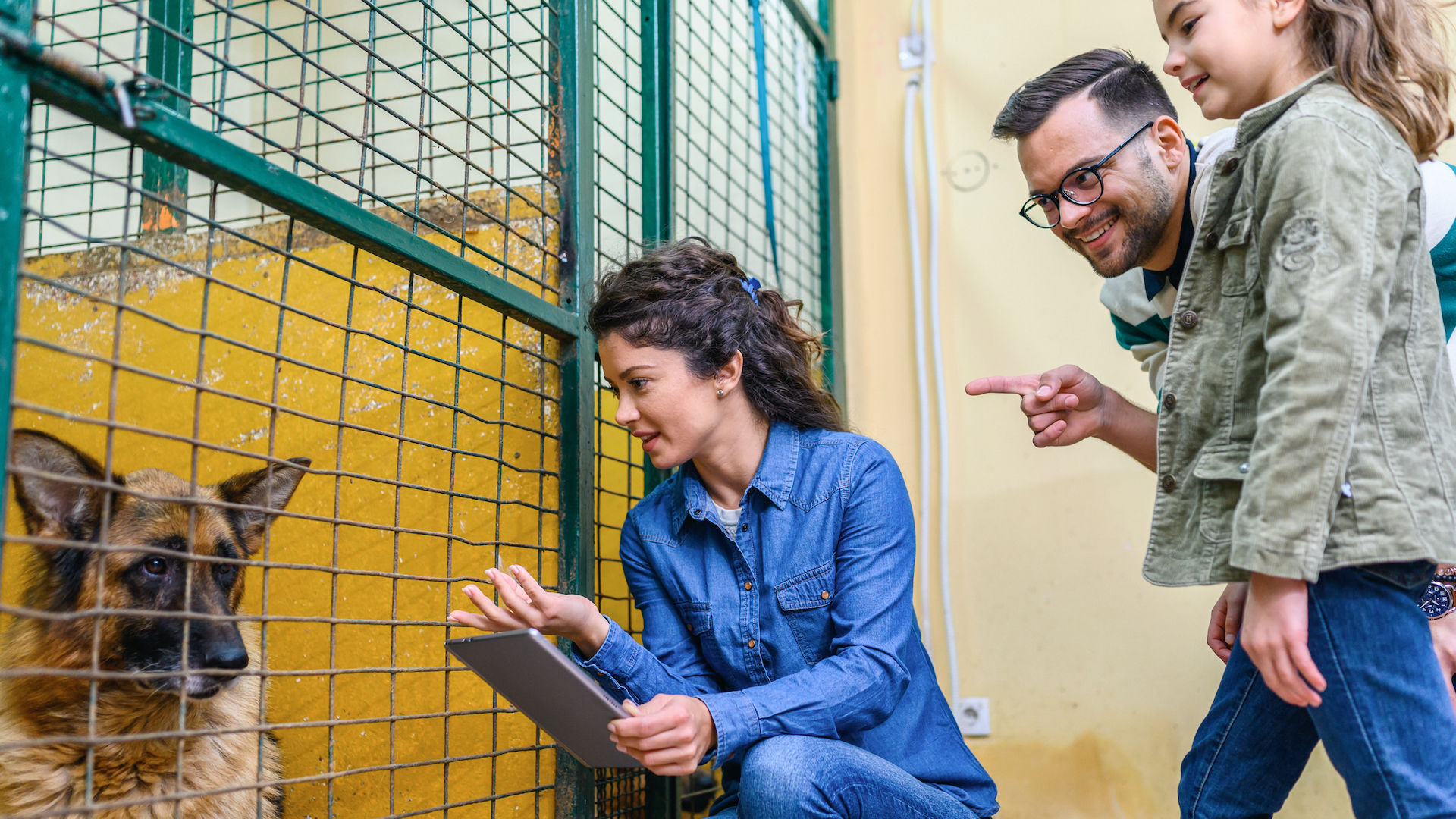
Animals in foster homes highlight the importance of pet adoption. However cute puppies and kittens are, there are so many rejected animals in need of loving homes. By fostering, you are effectively spreading the word that these pets are available – and the better the experience you give that animal, the better its prospects of finding a great forever home. You are showcasing the shelter and foster program, inspiring others to get involved in animal welfare.
18. Therapeutic benefits

Whether it’s mental health or physical activity, or simply the enjoyment of giving a dog or cat a stroke, listening to a kitten purr – animals have so many therapeutic benefits for humans. Dogs ensure their handlers get out and about, increasing exercise and outdoor activities, and giving them more socializing opportunities.
Or depending on your personality type, one of the best cat breeds for introverts may be just the thing you need.
19. Connection with nature
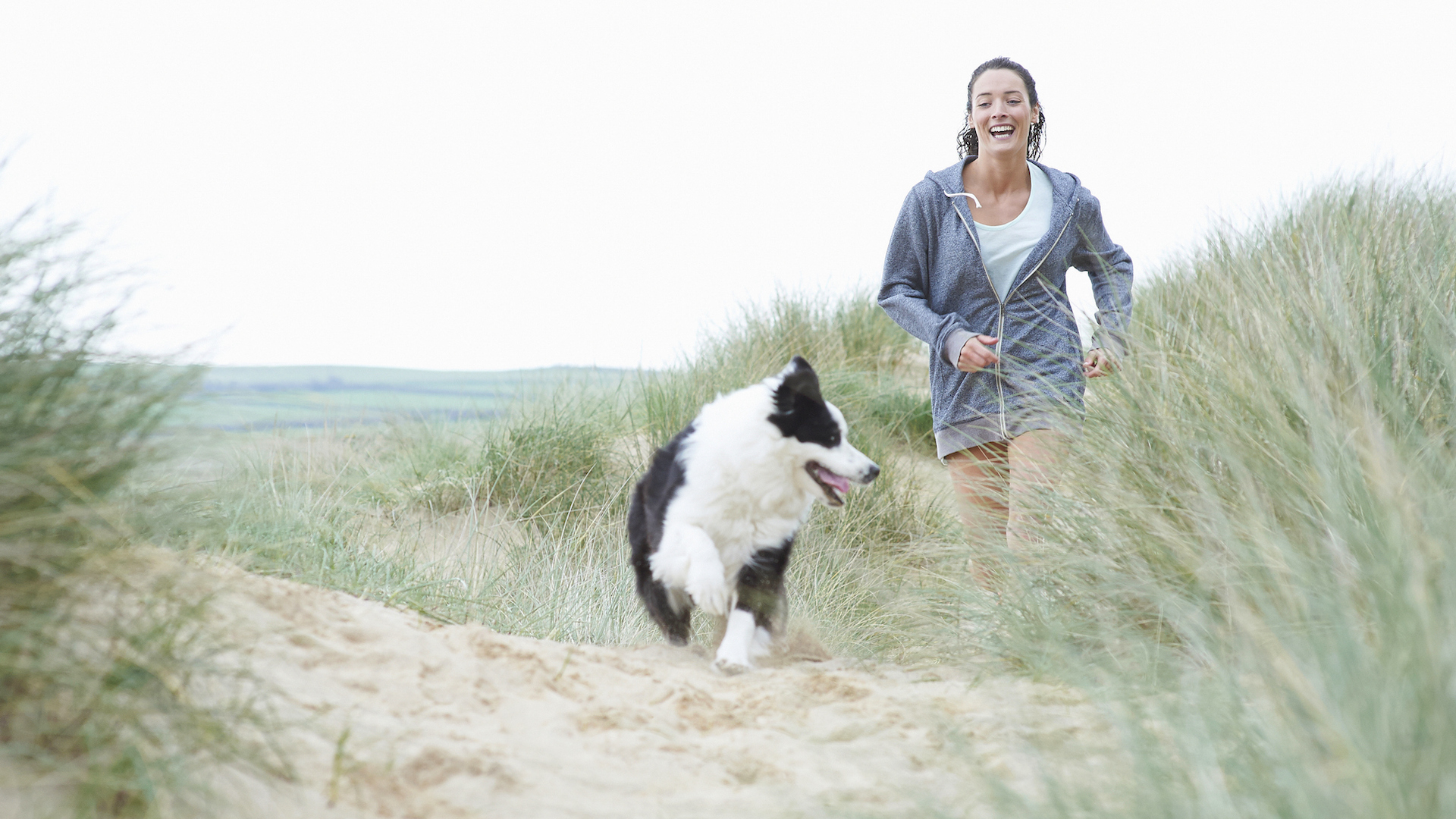
Exercise for dogs is non-negotiable, and we all know how a dog loves a good walk with one of the best dog leashes. Physical activity is a pillar of health for our furry friends, but the benefits aren’t just for them. Aside from the physical, there are many ways to build self-care into your dog walk to support your mental health too.
What better excuse to get outside than a pup begging for a walk? Fostering may only be for the short term, but the daily necessity of getting outside could be a habit that lingers long after the pet has been rehomed.
20. Helping elderly pets
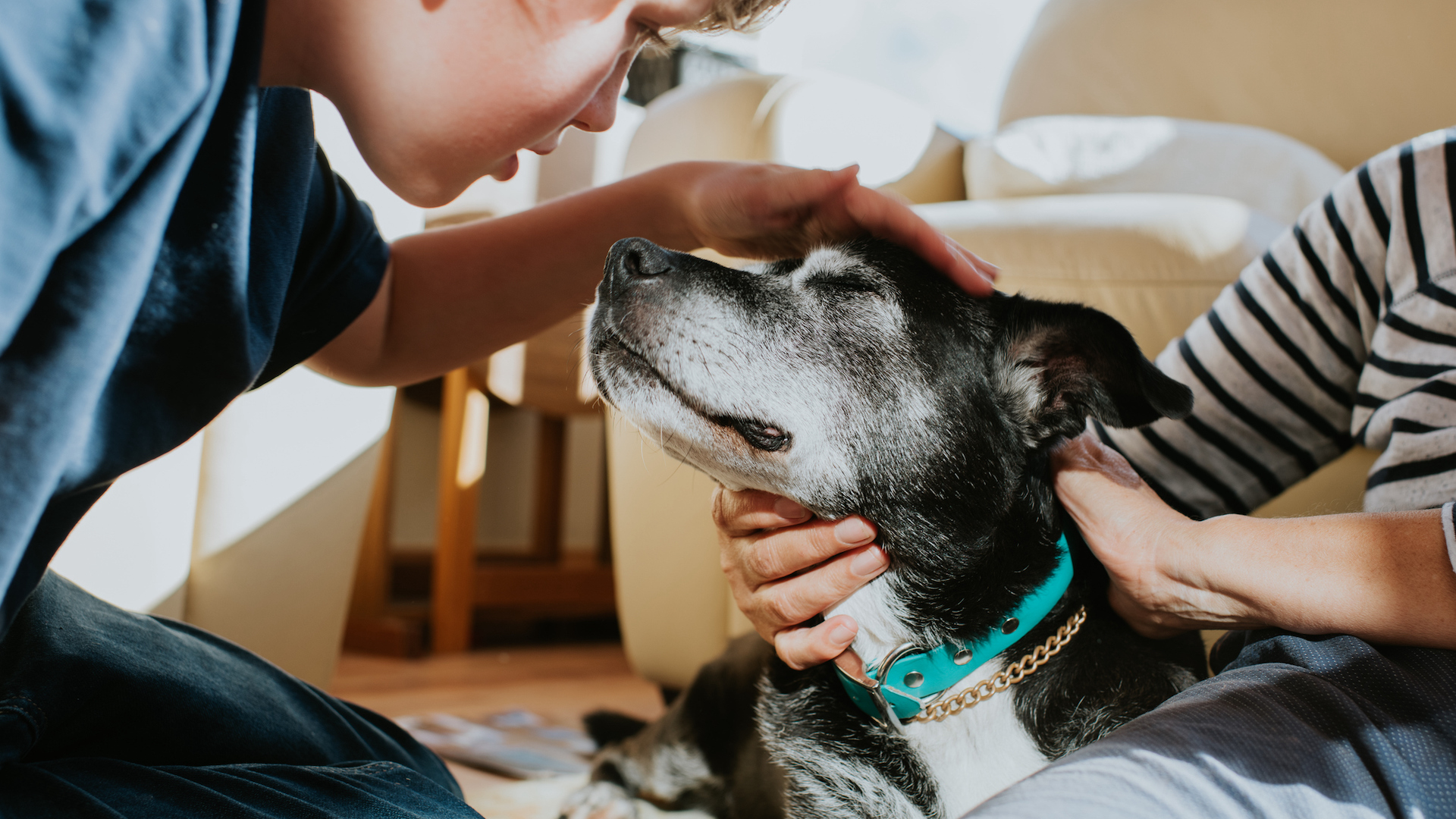
Puppies and kittens may be alluringly adorable, but older pets are much less likely to be adopted, according to a study on animal shelters done by Animals (Basel). Elderly animals may particularly benefit from the nurturing environment of a safe and loving home, as they may find crowded rescue shelters overwhelming and noisy in their quieter years.
21. Providing a safe place to flourish

Many animals needing to be rehomed have been rescued from situations of neglect and abuse, and therefore need a safe and supportive home where they can be rehabilitated. A fosterer can provide this environment, contributing to the flourishing and recovery of an animal so that it can thrive in the future in a new forever home.
22. Teaching children responsibility and compassion

If you have children, you will also be teaching them valuable lessons on the importance of responsibility in pet ownership. A fosterer can show how crucial it is to look after pets appropriately, safely and kindly – and that the pet is being given a second chance in life. Foster pets can sometimes be very timid, scared and unconfident due to their background, and nurturing them so they gain your trust and form a bond is wonderful example to set for children.
23. Helping the shelter decide the best home for that pet

Animals don’t always show their true character within a shelter environment. It may be overwhelming with all the other pets, and however brilliant the staff are, it is hard for them to treat every single pet as an individual and learn in-depth about their personalities.
Taking one animal into your home, you will discover its quirks and traits, its likes and dislikes, thereby gathering valuable intel that will enable the shelter to find the perfect match for its forever home.
24. One-to-one attention

One-to-one attention is key for an animal that has suffered abuse and neglect. By providing a consistent, stable, and loving home, with a routine including regular feeding, exercise, and play – as well as rewards-based training with some of the best dog treats or best cat treats – you will start to build a bond and earn a shy and scared animal’s trust.
25. Providing socialization and training

Domestic homes are ideal for providing socialization and consistent training. Friends visit, providing plenty of opportunity in a controlled situation to introduce the foster pet to new humans.
Likewise, out walking in the dog park or local forest, you will meet other dog walkers and have the chance to socialize, and check out how he reacts to other dogs and strangers.
Training, too, is easier with a handler devoted to supporting that one dog, being able to give it consistency in and outside the home.
26. Joining local community

Animals are the most wonderful route into making new friends in your local community. How often do you find strangers sparking up conversations in the dog park because they have that common ground of a furry friend? Plus, your service of fostering an animal is a notable talking point.
Fostering is a meaningful way to contribute to the local community, keeping stray dogs off the street and out of harm’s way – en route a new long term home.
27. Making “goodbye” a happy ending
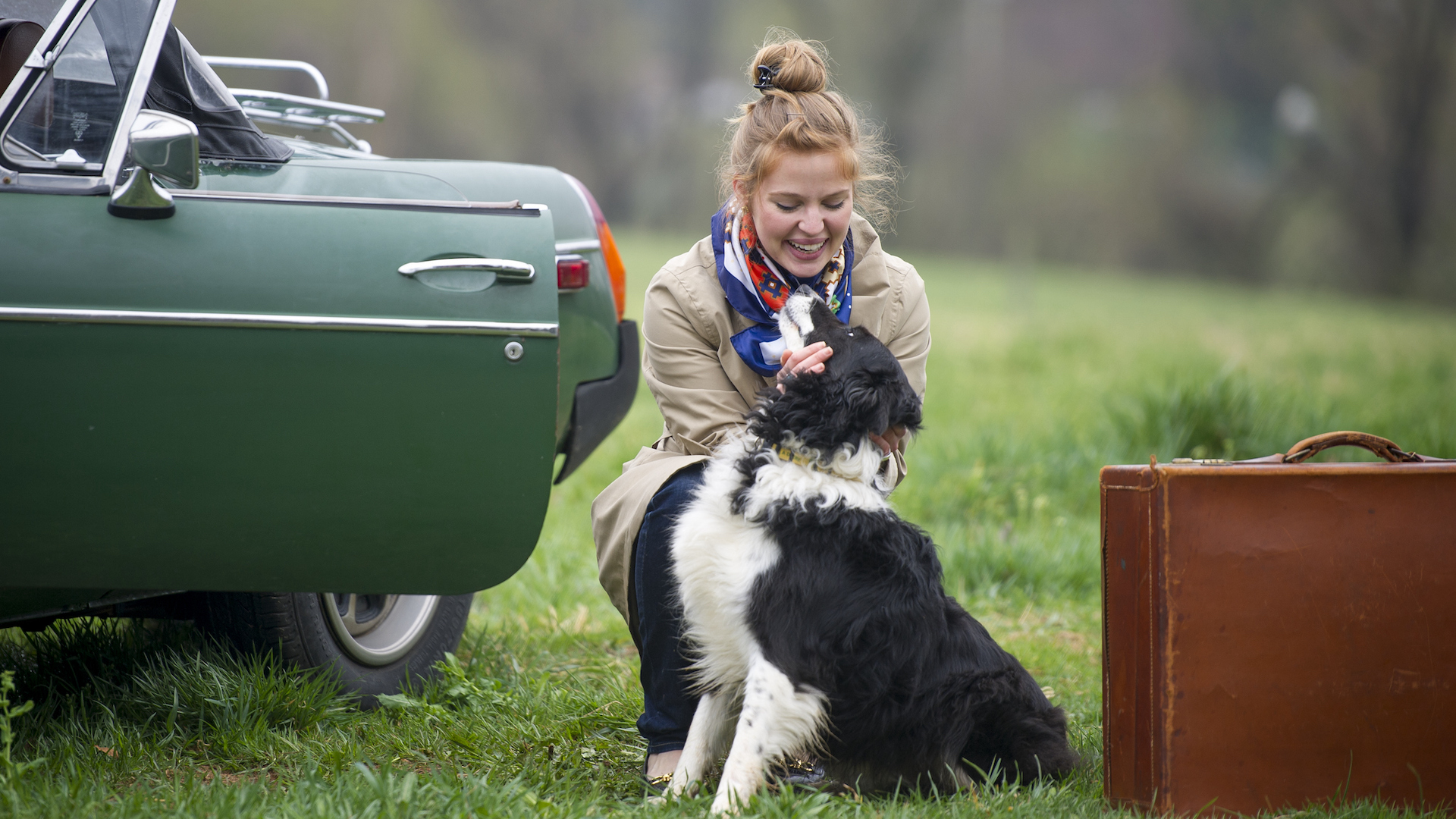
“The only thing wrong with dogs is that they can’t live forever”, so the saying goes. An advantage of fostering is that when the time comes to say goodbye to the dog who has been sharing your home, it’s nearly always because a perfect match has been found for a successful rehoming. Would that all farewells were such happy ones.
28. Because you can...

If you have a spare room or an office, could you consider fostering a pet? Shelters are often over-run and so even a tiny room will be more generous than an overcrowded cage. Remember that sometimes the only thing stopping an animal being put to sleep is someone opening up their home and their heart.
29. Developing your own pets’ social skills

Perhaps you already have pets and think fostering isn’t for you. However, a foster pet can greatly enhance your own animal’s social skills, learning to share their space, understanding hierarchy, and generally tapping into the herd with you as their leader. If you already have pets, you’re set up and ready to offer your services and experience!
30. It’s on your terms

Perhaps you’re picky. Do you only want to foster small dogs? Or you’d prefer to look after kittens? Maybe your availability is sporadic and you can’t foster for more than a few weeks at a time. Offer your services to a shelter, as most rescues can accommodate your requests as every little helps.
31. Giving back to the animal world
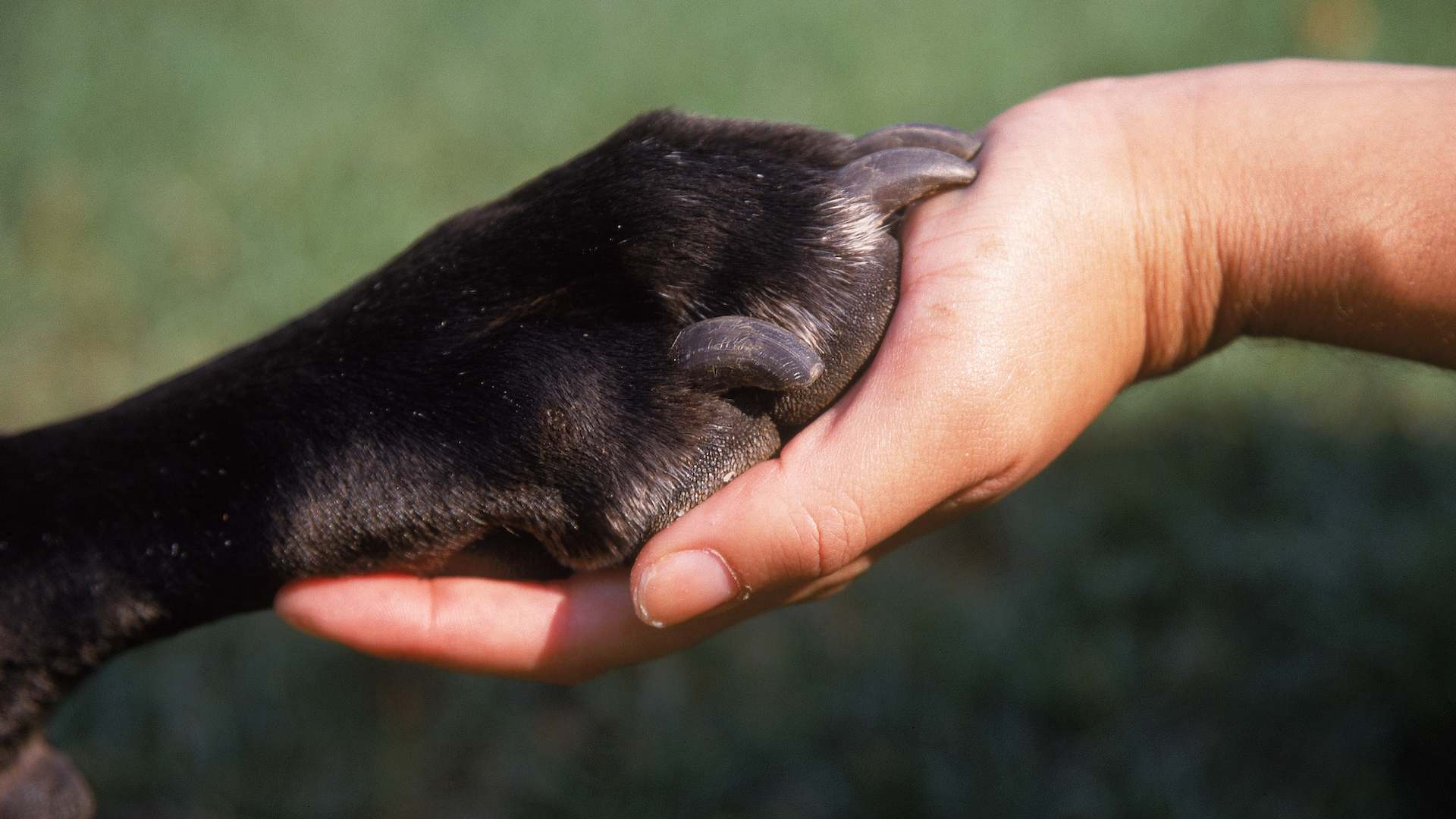
It is immeasurable how much animals contribute to humans’ lives, whether on a personal basis or through decades of medical research, and it is sickening to hear how much some suffer at the hands of humanity. Fostering a pet in need enables individuals to play a small part in giving back to the animal world which gives us so much.
32. Path to the perfect partner

One of the happiest outcomes of a foster arrangement is a “foster fail”, because this means that what was intended as a temporary situation for a pet has become his forever home. The foster family that was meant to be returning the animal to the shelter when it is ready to be adopted has decided it fits right into their lifestyle and wants to keep it forever. Clearly smitten! Now that’s the sort of failure we want to see.
Read next: All you need to know about street dogs
Martha is an experienced journalist working in both print and digital media. She specializes in the canine, equine and rural sphere where she has covered a wide range of topics from cloning animals and the ingredients for a perfect yard dog, to helping owners find the best canine GPS trackers on the market. When she’s not busy writing about dogs and horses, she’ll be found either aboard a horse or looking after the menagerie of pets in her care.
